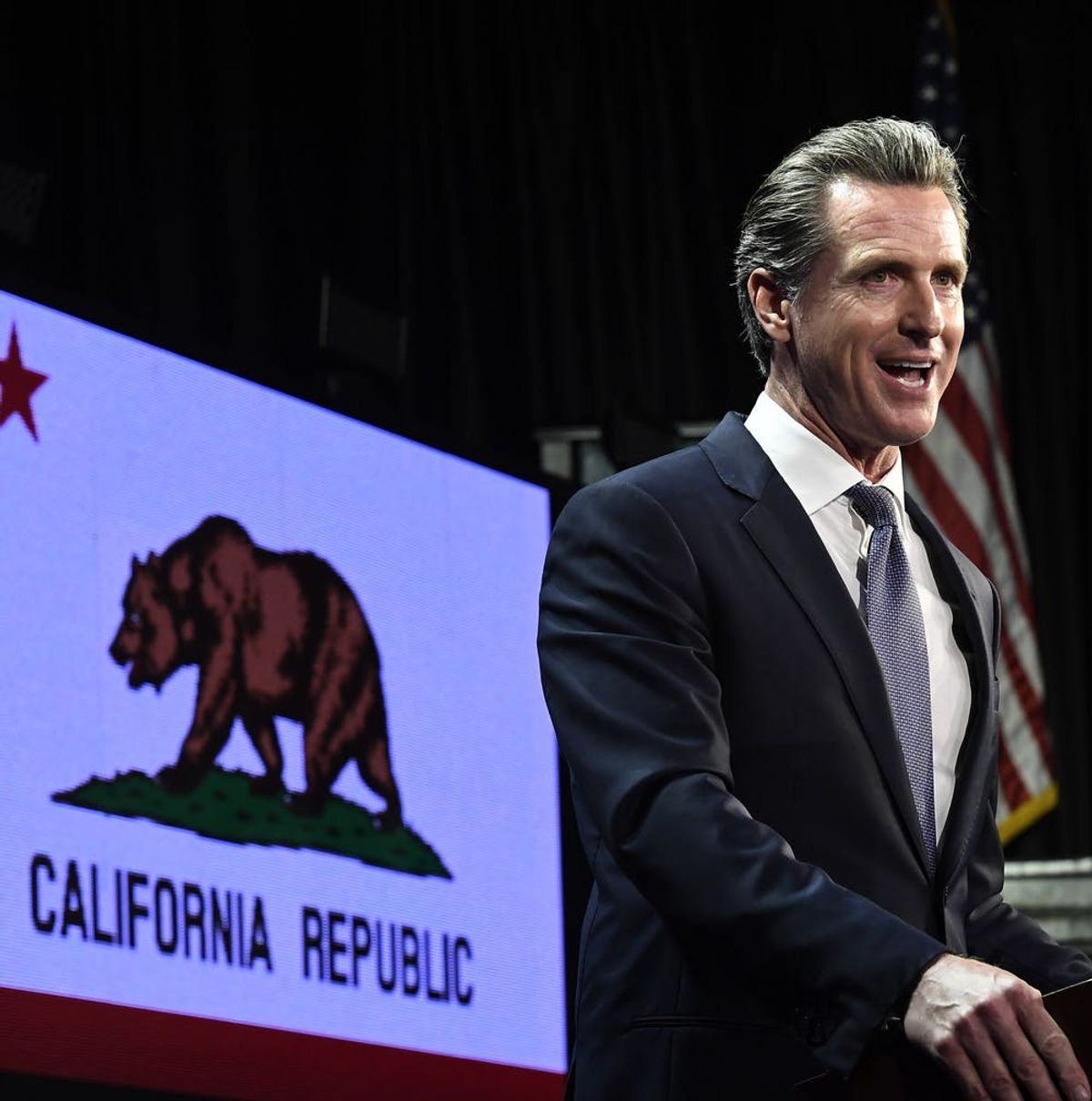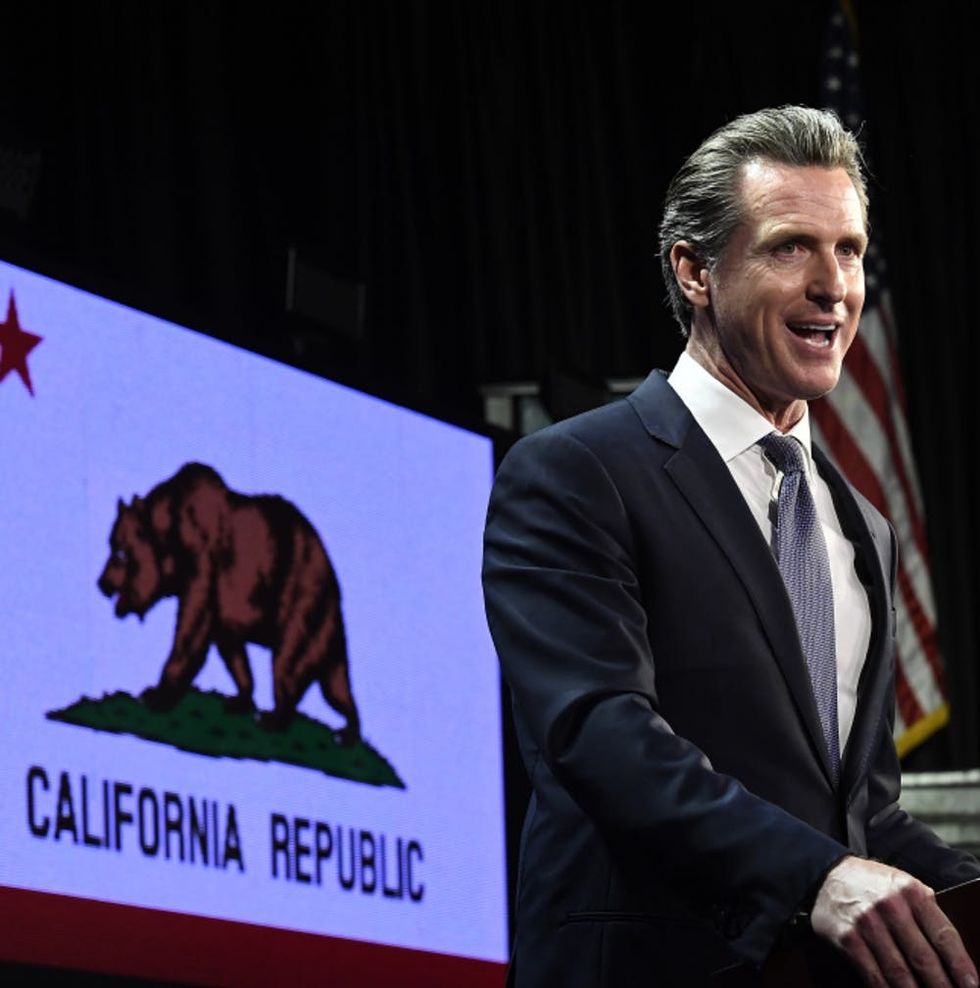California Is Ditching the Death Penalty — and Other States May Soon Follow

California’s governor, Gavin Newsom, is set to announce a halt to the death penalty in the state on Wednesday, March 13. The move will grant a temporary reprieve to the 737 incarcerated people currently awaiting execution.
“I do not believe that a civilized society can claim to be a leader in the world as long as its government continues to sanction the premeditated and discriminatory execution of its people,” Newsom will reportedly say in his prepared remarks, according to the New York Times. “In short, the death penalty is inconsistent with our bedrock values and strikes at the very heart of what it means to be a Californian.”
But Californians have, time and time again, voted in favor of retaining the death penalty, most recently in 2016. California Proposition 62, which was on the ballot during the 2016 general election, asked Californians if they wanted to repeal the death penalty. They overwhelmingly voted in favor of keeping the death penalty in tact.
The death penalty has been an ongoing debate in the state since the early 1970s.

Back in February 1972, the state’s Supreme Court ruled that the state’s capital punishment system was “impermissible cruel and unusual punishment.” In the case California v. Anderson, the courts declared that the death penalty is “unnecessary to any legitimate goal of the state and [is] incompatible with the dignity of man and the judicial process.”
Several months after California’s groundbreaking ruling, the US Supreme Court ruled on the case Furman v. Georgia, in which the plaintiff argued that a death penalty sentencing for murder in the accidental death of a man in the plaintiff’s home during a burglary was cruel and unusual. SCOTUS voted 5-4 for Furman, stating that the death penalty was inconsistently and arbitrarily applied to the case. This caused a de facto pause of the use of the death penalty across the country. But it wouldn’t last.
By 1977, the death penalty was reinstated in California, and the following year, the state made a legal amendment that all death penalty cases would immediately go to a court of appeals. In the years since, many death row inmates have challenged their sentences based on the state’s use of a potentially painful three-drug lethal injection protocol that many deem inhumane. In fact, since the late 1970s, only 13 death sentence recipients have actually been executed in the state. There hasn’t been a state-sponsored execution in California since 2006.
As the nation’s most populous state, California remains the state that many others across the country look to to set legal precedents. “It is a state people look to to set the tone for national policy,” Shilpi Agarwal, a staff attorney at the American Civil Liberties Union in San Francisco, told the Times. “The fact that so many states have abolished the death penalty — but California hasn’t — has given people cover for this narrative that people are still supportive the death penalty.”
Newsom has long been anti-death penalty, arguing particularly that racial injustice plays heavily into the state’s death penalty system, and that the cost greatly outweighs any perceived benefit. In February, he intervened in the case of Kevin Cooper, a man wrongly convicted of four murders in 1983, ordering DNA testing that could prove his innocence. Since the 1970s, more than 150 people across the country have been exonerated for wrongful convictions in death penalty cases.
(Photo by Kevork Djansezian/Getty Images)

















